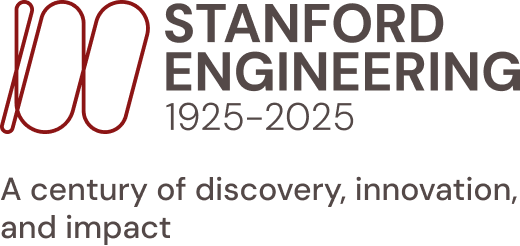What is the future of computational journalism?
At a recent event bringing together voices from the School of Engineering and the School of Humanities and Sciences, two Stanford professors engaged in a moderated discussion about the evolving field of computational journalism.
Jay Hamilton, the Hearst Professor of Communication and director of the Journalism Program, and Maneesh Agrawala, professor of computer science and director of the Brown Institute for Media Innovation, shared their complementary perspectives on the many questions facing journalism today and where they might lead tomorrow.
The conversation centered on how converging social currents and disruptive technologies have roiled newsrooms on the local, national and international levels. Computational journalism, Hamilton said, can refer to the set of tools that journalists use to discover, tell or distribute stories. But it’s also “reporting by, through and about algorithms.” The Associated Press, for example, writes about 4,000 stories by algorithm each time companies’ quarterly earnings reports come out — a massive increase from the 300 or so companies that can be covered by human reporters.
In addition to such computer-assisted reporting, Agrawala spoke about how computers can be used to synthesize audio and video stories and create visualizations that provide critical context for data. The two professors also spoke about the great need for journalists to find ways to hold algorithms — like the ones that curate our newsfeeds or influence public policies — accountable. “One of the questions that we face as a society is understanding some of the algorithms that are delivering information to us,” Agrawala said.
Hamilton agreed, adding that the biggest problem he sees facing journalism right now are the stories that get missed due to the collapse of the business models of local newspapers. “If you look across the country, there are city councils that don’t have a reporter covering them, there are school boards voting and making decisions and nobody is watching. So I think that’s something where computational journalism can really make an impact,” he said. “If you have a strong interest in engineering and data, try to help us figure out the stories that go untold, especially at the local level.”



